Empower Yourself with Java Full Stack Training in Tuticorin
Getin Technologies Offers the best Java Full Stack Training in Tuticorin inclusive of front end and back end technologies. This course includes core technologies like Java, Spring, Boot, Hibernate and also important front end technologies like Angular, React. Since the Teaching Methodology is more practical and project based, the syllabus is designed as per the industry standards so that one gets to learn the things practically. The training is also aimed at teaching job seeking skills to the students which are very necessary in this modern age of technology. Attendees receive expert training, work on real time projects, and placement assistance offered is quite supportive. Join Java FullStack Training in Tuticorin to kickstart your Java Full Stack journey with expert guidance and placement support.







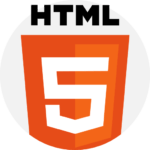
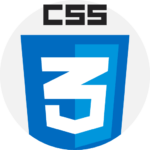
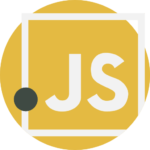

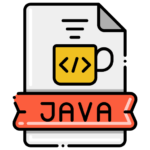


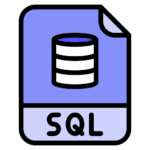
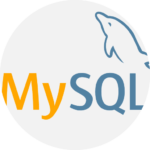
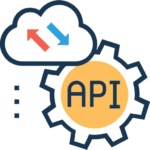










 20% Offer for College Students from Total Course Fees.
20% Offer for College Students from Total Course Fees.











